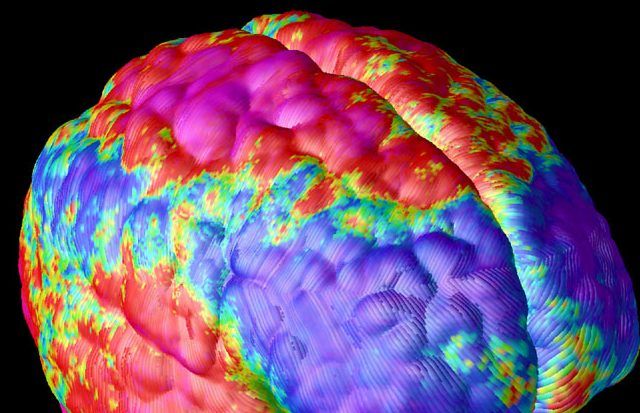Thanks to a new study from the University of Copenhagen, researchers may be ever closer to understanding the root cause of schizophrenia and on their way to developing effective treatment.
Glial cell breakthrough
The primary breakthrough of the study, published last month in scientific journal Cell, is the identification of damage to the glial cells, a specialised type of brain cell, as a factor in developing schizophrenia.
Glial cells are supportive cells in the nervous system that support and insulate neurons. If these cells do not develop properly, the researchers say, individuals are at a higher risk of developing schizophrenia.
This is the first time that scientific researchers have associated glial cell damage with schizophrenia, according to Videnskab.dk.
The cells of mice and men
The researchers produced their findings by intentionally breeding mice with deficient glial cell maturation, achieved using stem cells from human patients with childhood-onset schizophrenia. The subject mice displayed traits linked to schizophrenia, including anxiety, antisocial habits and disturbed sleep.
While the discovery sheds some light on the causes of and potential treatments for schizophrenia, much remains unknown. The condition is currently defined as a collection of symptoms, rather than an exact biological definition. As such, the Copenhagen researchers’ breakthrough may only apply to some of the cases presently classified as schizophrenia.
Regardless, the findings of this recent study bode well for at least one approach to treating and preventing schizophrenia. With this new knowledge, researchers can develop methods of replacing and restoring these defective glial cells.
A feasible procedure
According to Steven A Goldman, a professor at the University of Copenhagen’s Center for Basic Translational Neuroscience and a member of the research team behind the study, such a procedure is more feasible than one might think.
“It is a matter of replacing the defective glial cells with healthy glial cells through transplantation, where the healthy cells can take over for the sick,” Goldman told Videnskab.dk.
“This is already done with other diseases, such as bone marrow transplants in cancer treatment, so it may also be possible for glial cells and schizophrenia.”














